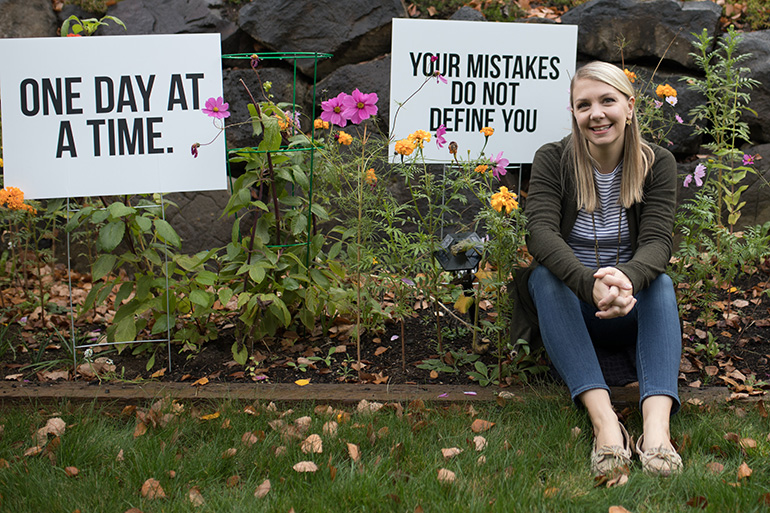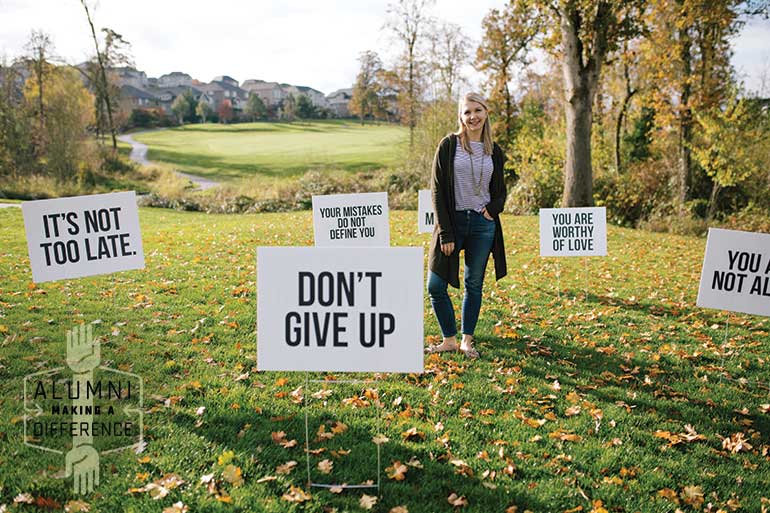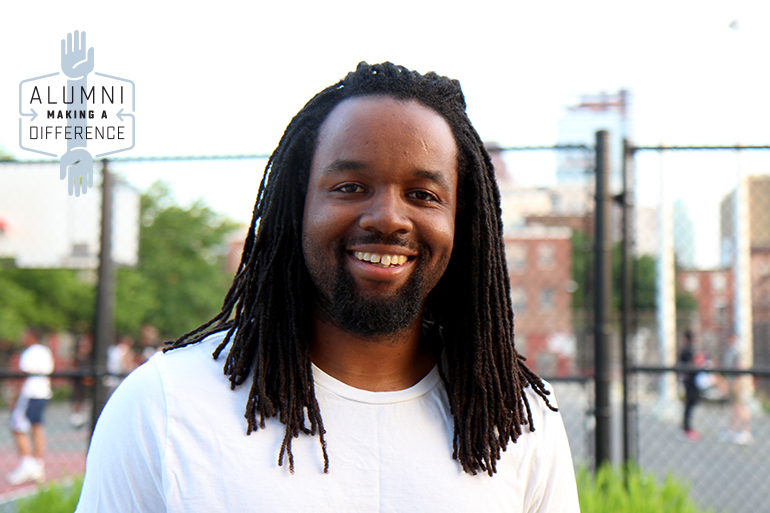
Why I Teach
Education professor Yune Tran recalls interactions with students that fueled her passion for teaching
By Yune Tran
- Esmeralda’s parents
These kind words were written as a thank you note from parents of a former elementary student, Esmeralda (pseudonym), when I was a public school teacher in Compton, California. Esmeralda was diagnosed with mild aphasia and had difficulty expressing herself verbally. In terms of receptive language and written communication, she was high functioning, completed assignments on time and delivered quality work. However, she was incredibly timid in class and rarely volunteered answers or participated in group discussion.
I had limited tools and lacked the specialized training in speech therapy to support Esmeralda. My attempts to build her confidence in class through praise and positive reinforcement helped slightly, but the biggest gains came from me leaning on her parents for answers. This proved to be a real challenge given that her parents spoke very little English and my one semester of college Spanish was not adequate to carry a conversation. However, we managed to communicate somehow, which eventually led to several invitations to join Esmeralda’s family after school for a meal at their house.
Most times I politely declined, keeping to professional boundaries and fearing the unknown. Home visits were a relatively unfamiliar concept – something that rarely occurred given the school community was ridden by poverty, gun violence, homicides, and crime from unsettled gang wars. My own hesitation and misconceptions also clouded my judgment, until one day when my gut responded positively and I accompanied Esmeralda home after school. That day brought a new perspective into her life, a respect for true patience, a reflection of parental goals, and an appreciation of the basic necessities I often took for granted. As the year progressed, Esmeralda made gains in and out of school, developed friendships with peers, and achieved well beyond what I ever could have imagined.
- Jane’s mother
Those words came from a mother of a teacher candidate as she shook my hand at a senior commissioning celebration at George Fox. Jane (pseudonym) had many goals in college and life, some realistic and others idealistic. She was most interested in completing her degree and becoming an independent, mature adult with the ability to figure things out on her own. Jane was confident and pretty outspoken in class, offering opinions on topics that she was passionate about. She referenced experiences or perspectives gained from various encounters and displayed the aura of someone who had life put together.
Jane rarely sought any academic help, but after having me for several education classes, she eventually opened up and requested appointments for clarification on assignments. On several of these office visits Jane sought my advice on managing personal problems related to her health or strategies for overcoming family conflict. I admitted to Jane that I’m always willing to listen, but won’t always have the best answers due to our different cultural frames of reference. However, she was willing to share many facets of her life as we problem-solved together. Jane’s resiliency allowed her to overcome incredible hardships, excel through school, and advance in her career as a young elementary school teacher.
Encounters such as the ones described with Esmeralda and Jane are natural as teachers and students develop organic relationships that move from inside to outside the classroom. Students often connect to their teachers differently than they would to parents or relatives.
And while the contexts and ages between the two cases differ, there are many commonalities: relationships, persistence, humility, and parents’ educational aspirations for their daughters.
Parents of all backgrounds desire success for their children, regardless of class, language or cultural upbringing. I think of my own parents who immigrated to their adopted country seeking a better life and a good education for their children. I think of Esmeralda’s parents, who extended hospitality and a meal to someone who barely spoke their language in order to ensure her success in school. I think of Jane’s mother, whose joy led to tears as she shared stories about Jane while celebrating her accomplishments. I think of my own children and my desire that they, too, will find that one teacher to connect with for mentorship, guidance and personal attention.
Hopefully, this teacher will take the extra time to check biases at the front door, genuinely listen, nurture, and groom their potential for excellence. I am humbled by the many interactions that I have had with parents throughout my career. I have come to appreciate and better understand what a parent’s gratitude truly means, and I am honored to be a part of each student’s life at this critical juncture.
To every parent, I thank you for the opportunity to teach your son or daughter and for the priceless perspective that you have taught me. You are among the reasons that I still teach today!
Bruin Notes
- Sand, Sobelson, Smith Inducted Into Alumni Hall of Fame
- Men’s Basketball Team Helps Build Court for Kids in Panama
- Chemistry Student Earns NASA Scholarship
- University Sets Undergraduate Enrollment Record
- Engineering Program Joins Elite Company with KEEN Membership
- George Fox Ranked ‘Best College for Your Money’ in Oregon
- In Print
- Seven Individuals, One Team Inducted into Sports Hall of Fame
- University Included Among ‘America’s Best Colleges’ for 30th Time
Alumni Connections
- Shelley’s New Book Challenges Readers to Turn ‘Bondage into Tools of Freedom’
- Gootee Joins Medical Relief Trip to Haiti
- Moreland Pursues Passion to Preserve Local African-American History
- Life Events
- News, by Graduating Year
- Harris Named President of Kuyper College
- Woo Honored by Oregon Independent Film Festival
- Wilmot Uses Graphic Design Skills to Help ‘Stomp Out Cancer’
- Send Us Your News









